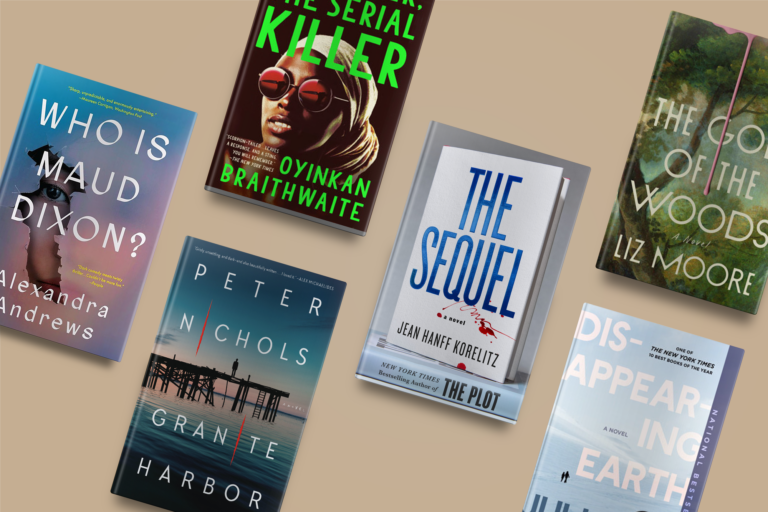
In 2012, Google took a deep look at what made some of their teams successful while others struggled. Three years later, the results were in.
“Google found that successful teams listened to one another,” writes author Kate Murphy. “Members took turns, heard one another out, and paid attention to nonverbal cues to pick up on spoken thoughts and feelings. This led to responses that were more considerate and on point. It also led to an atmosphere of so-called psychological safety, where people were more likely to share information and ideas without fear of being talked over or dismissed.”
This study and others outlined in Murphy’s book You’re Not Listening: What You’re Missing and Why It Matters prove that listening is the one skill guaranteed to help us understand each other. By taking the time to truly understand each other, we can build stronger families, friendships, and communities. This same strategy can be applied to our professional lives.
A journalist, Murphy acknowledges that her greatest successes as a writer have happened when she listened without trying to steer the conversation. She says, “Many of the stories I have written for The Times have landed on the most-emailed or most-read lists, and not because I took down someone powerful or uncovered a scandal. It was because I listened to people talk about what made them happy, sad, intrigued, annoyed, concerned, or confused and then tried my best to address and expand on what they said.”
Take a look at these four remarkable examples from You’re Not Listening about how being a good listener can make you more successful in any type of career.
Barry McManus, CIA Interrogator
At first glance, one would that think being an interrogator for the CIA is all about asking the right questions. But as McManus’ success proves, you can’t ask the right questions without first listening to the person you’re interviewing. Simply put, getting to know people is his job. He explains, “Even if you can’t get through to the suicide bomber, it helps you maybe get through to the guy who is on the fringe or who is on the fence. You can relate to him after meeting the guy who took that wrong turn.”
In fact, when it comes to scouting new agents, Murphy discovered that “the CIA doesn’t so much train agents to be good listeners as recruit good listeners to be agents. The very best listeners get routed into interrogation and espionage, while others might get assigned to work as, say, analysts or cyber warriors.”
So how does McManus know when he’s at the top of his game? It’s when, after a long conversation (or a series of conversations), he thinks, “I can’t believe that guy just told me that!” That’s the power of listening — getting people to give you information that lets you truly understand them.
Terry Gross, Host of NPR’s Fresh Air
Like McManus, radio host Terry Gross’ job depends on her ability to ask the questions that will keep the conversation going. Unlike a CIA interrogator, nearly all of Gross’ interviews take place on the phone, and require a different kind of listening. Of the eight producers on the show’s staff, the people they hired had “good ears, meaning a superior ability to listen and detect what’s really going on in conversations” — also known as Conversational Sensitivity. After years of listening to people, Gross and her producers have learned how changes in tone, sudden pauses, nervous laughter, or background fidgeting sounds are the roadmap to deeper conversations. Gross is never afraid to ask for clarification, looking at every moment of confusion as an opportunity.
Murphy explains, “More than six million people tune into Fresh Air each week because Gross has a knack for getting people to go off script. Listening to her do interviews pre-edit, you notice how she subtly nudges guests off their tired talking points. A good listener has the ability to elicit more than superficial or anxious chatter, so people reveal more of who they really are.”
Naomi Henderson, Focus Group Moderator
For nearly 50 years, Henderson has been moderating focus groups for large corporations, as well as training other moderators. An icon in her industry, Henderson gets the one-name treatment, like Cher or Prince. The secret of her success is her ability to see things from other people’s point of view. Murphy explains, “One of her greatest talents is asking questions that don’t rob people of their stories.”
Henderson makes sure that her questions don’t put people on the defensive, and that their answers are never judged, even when people are talking about something as simple as a pint of ice cream or a mop. Murphy writes, “Naomi’s mantra is: ‘What matters in life cannot be counted.’ … The power of qualitative research — the power of listening – is that it explains the numbers and possibly reveals how the numbers come up short.”
Her success is a good reminder that behind every product, consumer, marketing plan, and corporate budget, there are human beings with emotions and motives that define the so-called bottom line. Understand those emotions, and you can actually move the goal posts in your favor.
Greg Hopf, Furniture Salesman
One of the hardest lessons to learn about listening is how to be patient. Our tolerance for silence is low, and our impulse to fill conversational gaps with any chatter whatsoever is strong. Murphy explains, “If the silence goes on for too long, longer than what the norm is in that culture, it makes people uneasy. … Research shows that being able to comfortably sit in silence is actually a sign of a secure relationship.”
Mastering these moments of silence is what makes Hopf the top salesman at Gallery Furniture in Houston, Texas, year after year. Murphy tailed Hopf for a day, and described one of his sales: An elderly couple is deciding whether or not to buy a dining room table and a bedroom bureau. Instead of repeating all of the reasons they should buy, Hopf stays silent while the couple works through their thoughts. Even though his salary depends on commissions and customers keep walking in the door, he never moves on. He simply waits. Certain the sale is lost, Murphy is shocked when the couple buys the table and matching chairs, the bureau, and an entertainment console, too.
Hopf outsells everyone in his store, and his method is simple: Listen to what people need, offer them the items that match their needs, and give people the time they need to make a decision. This gift — of time, of silence — builds trust. Instead of feeling rushed into a sale, Hopf’s customers feel like they’ve been helped. “When you hear people’s stories,” Hopf explained, “you tend to want to do right by them.”



